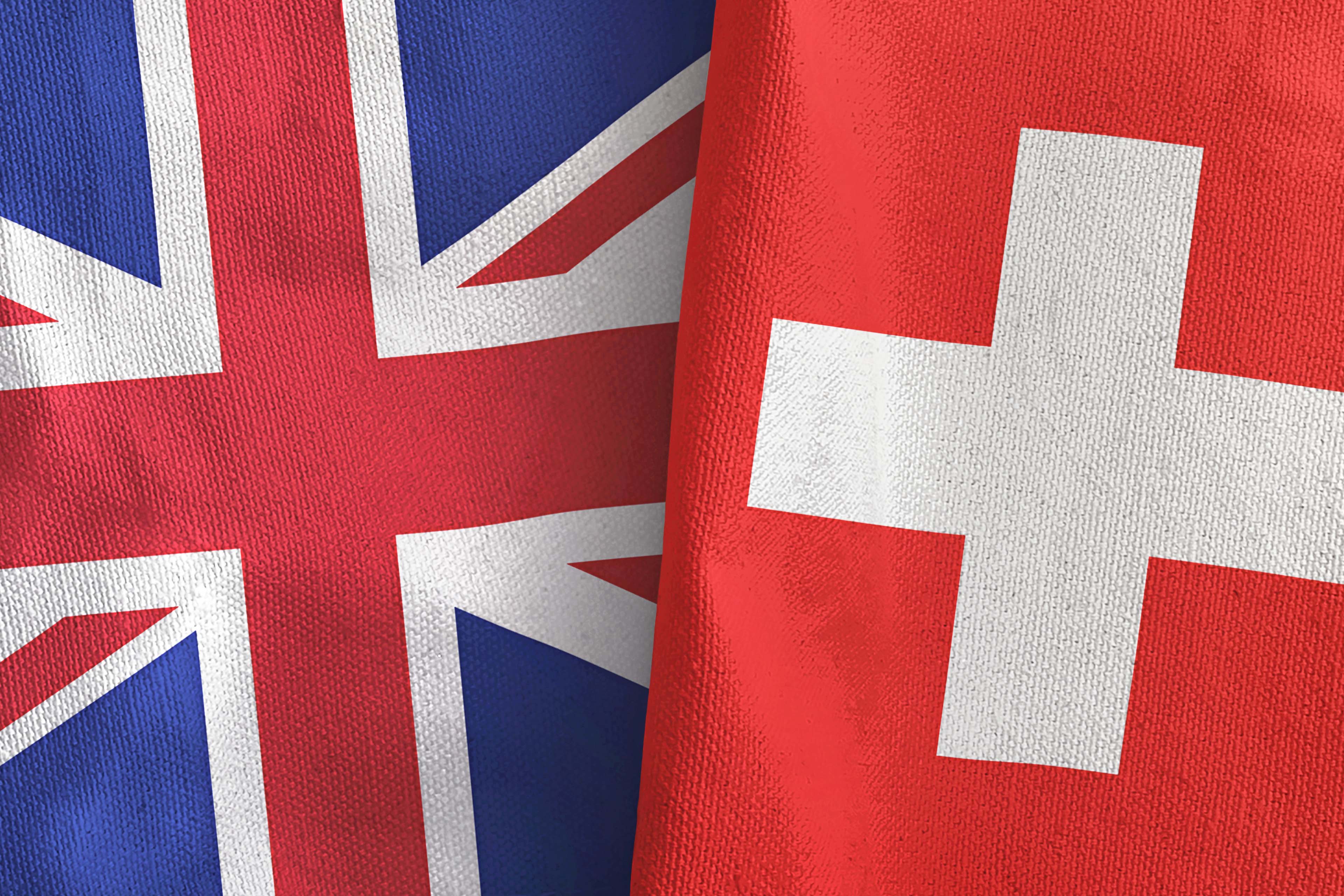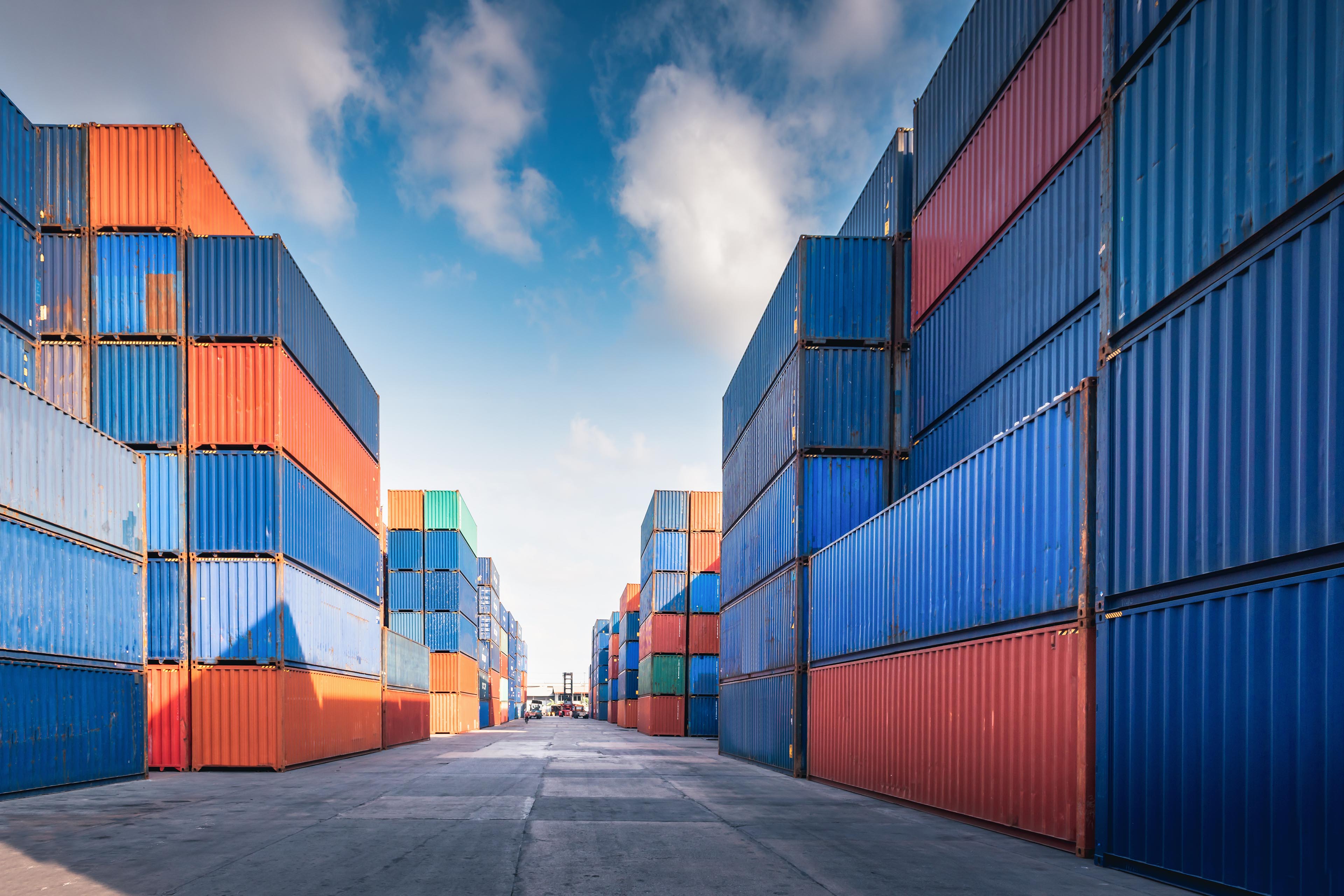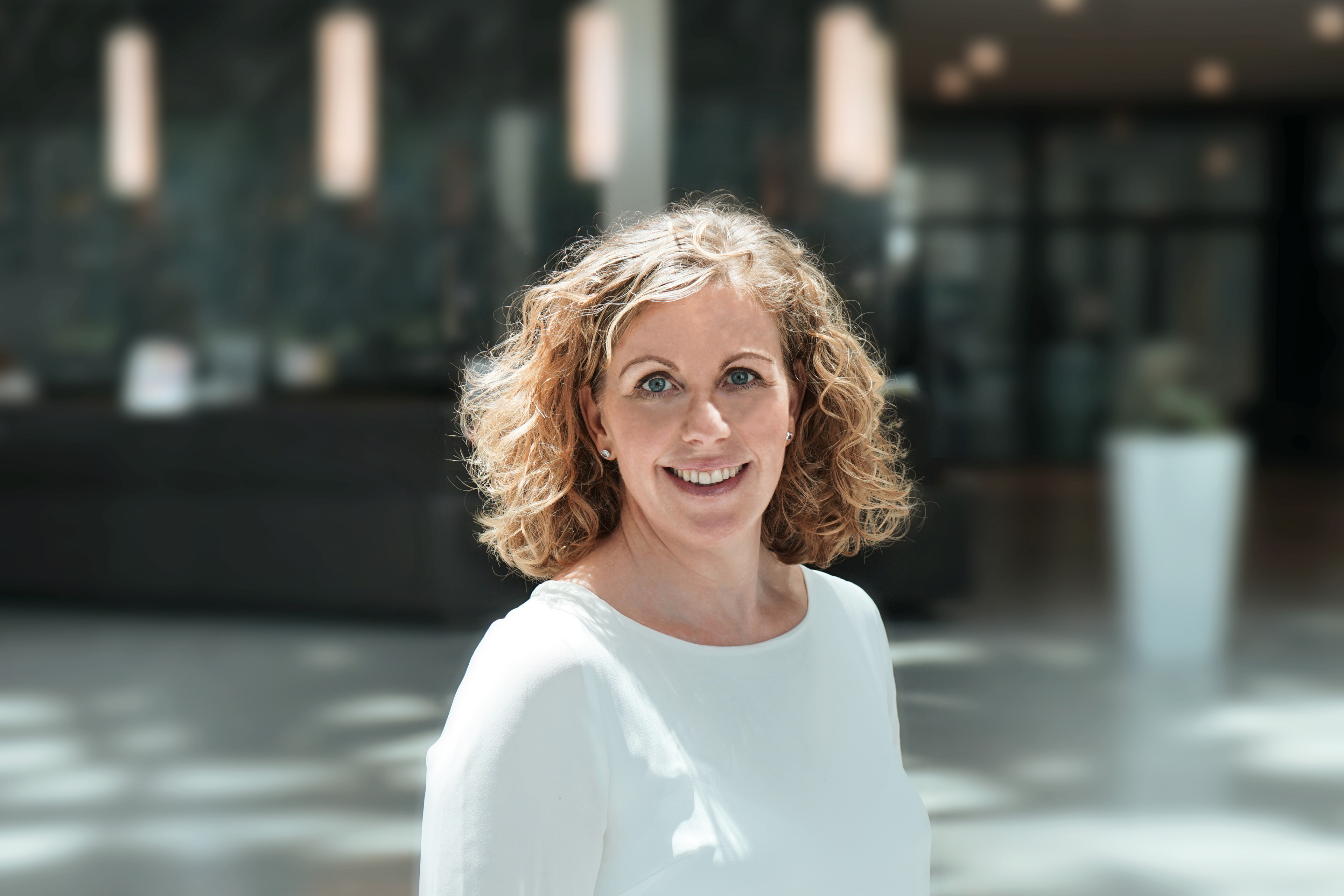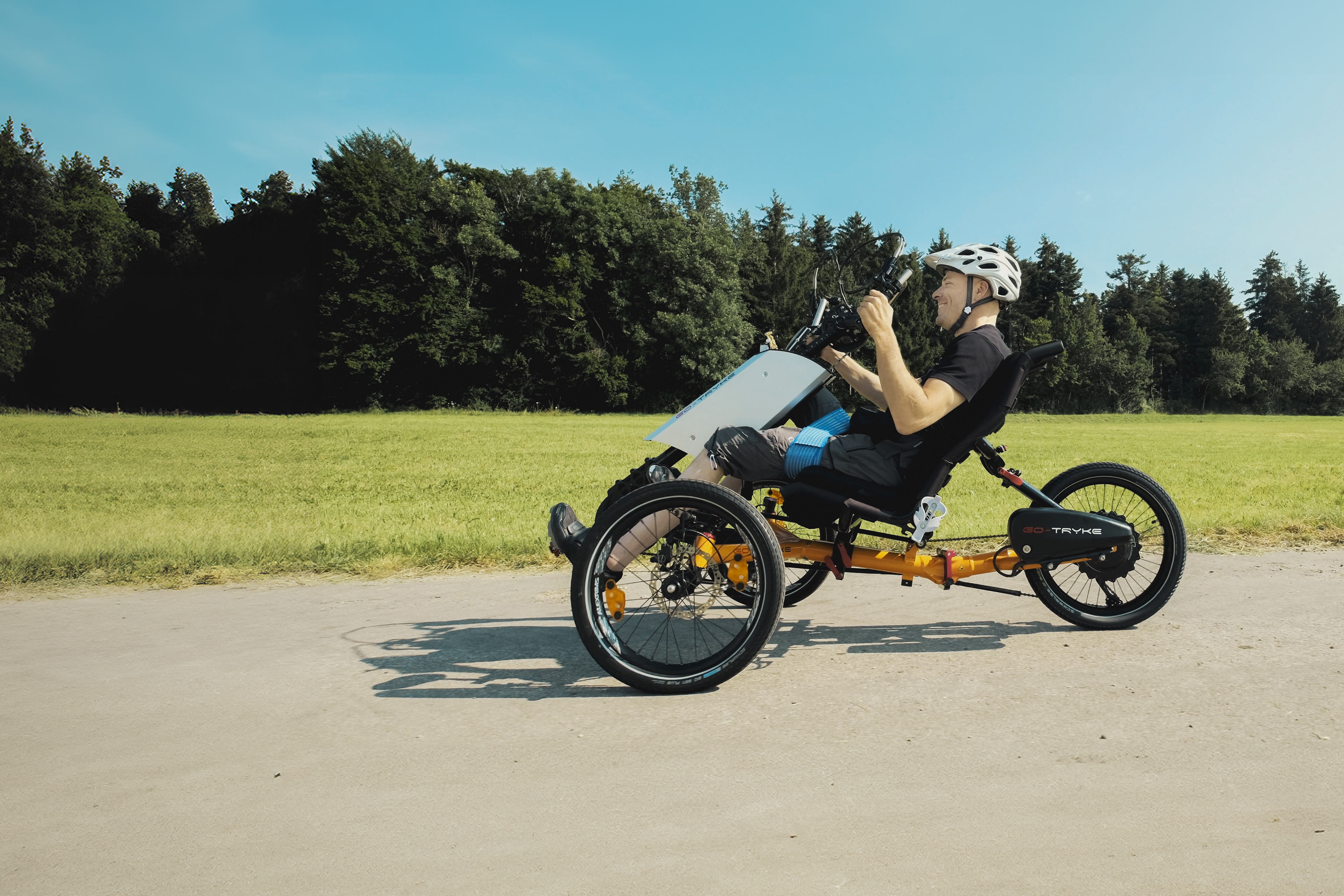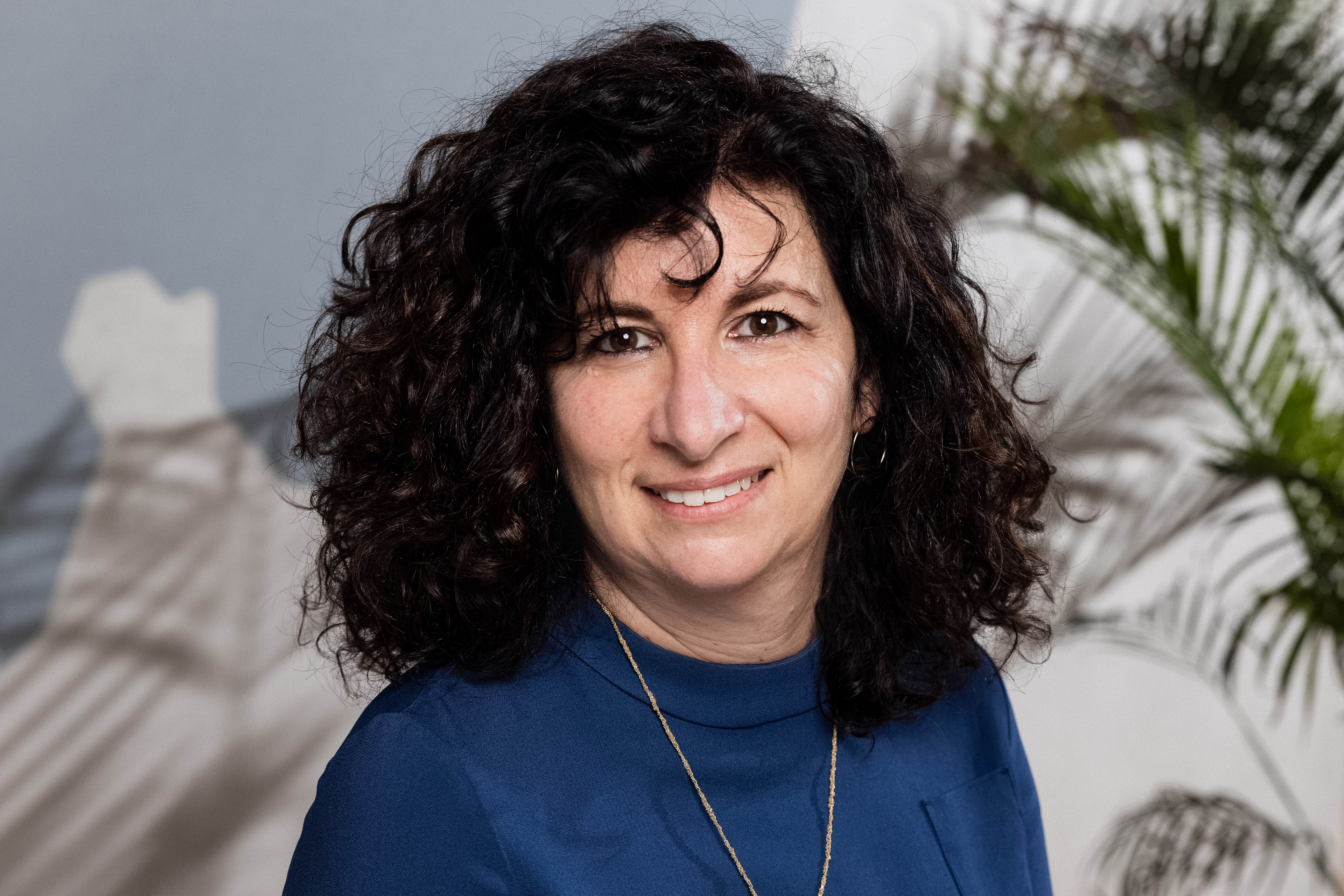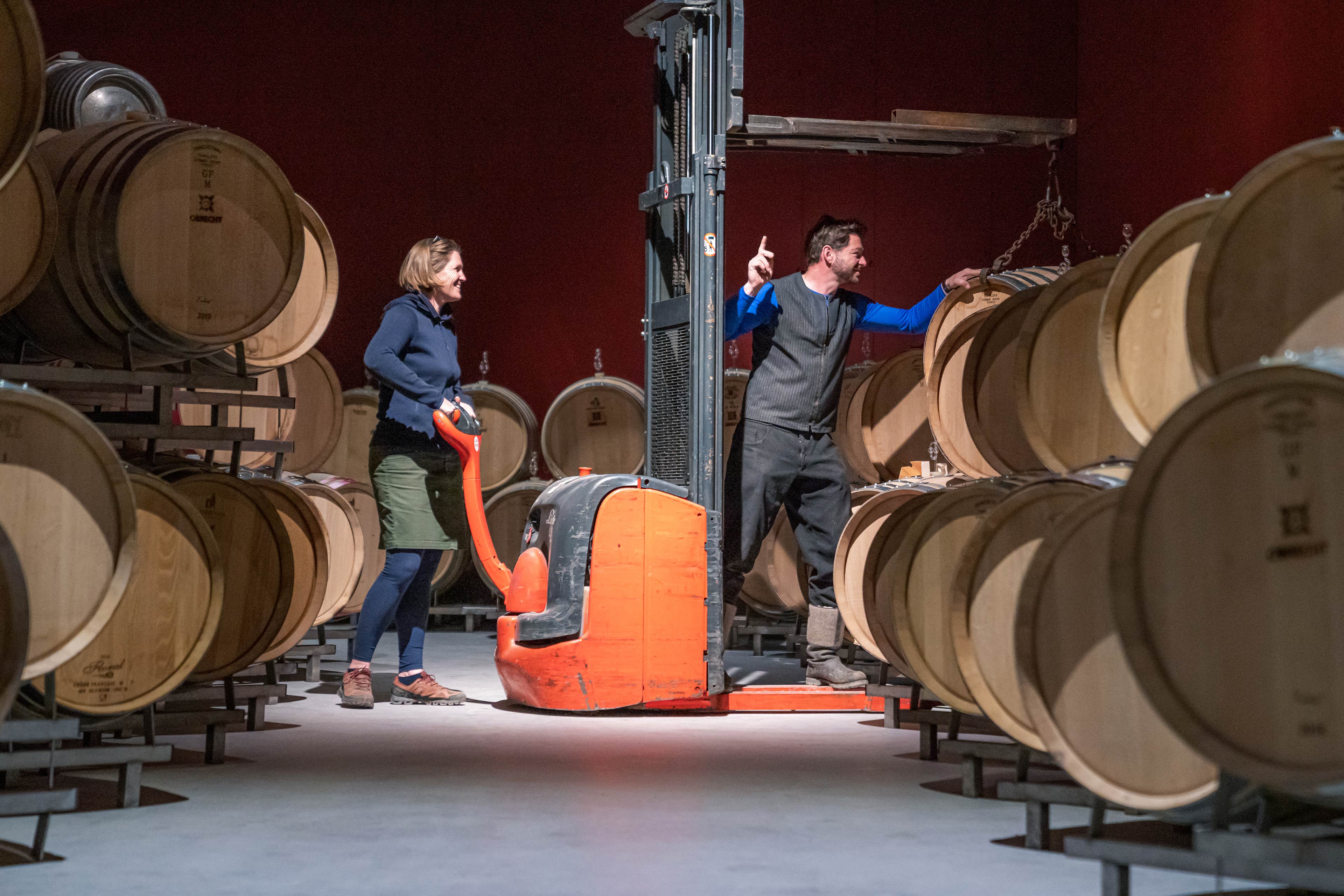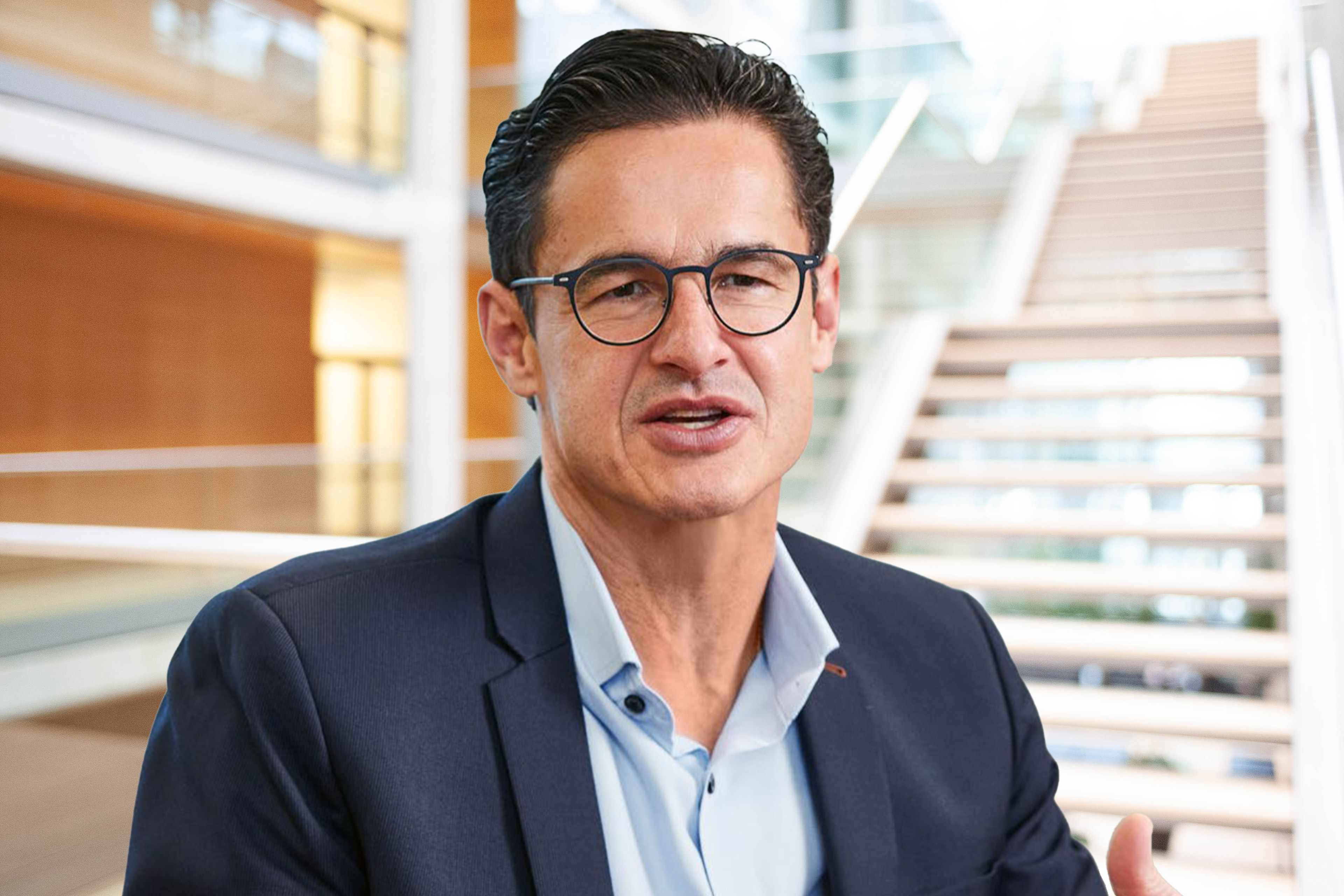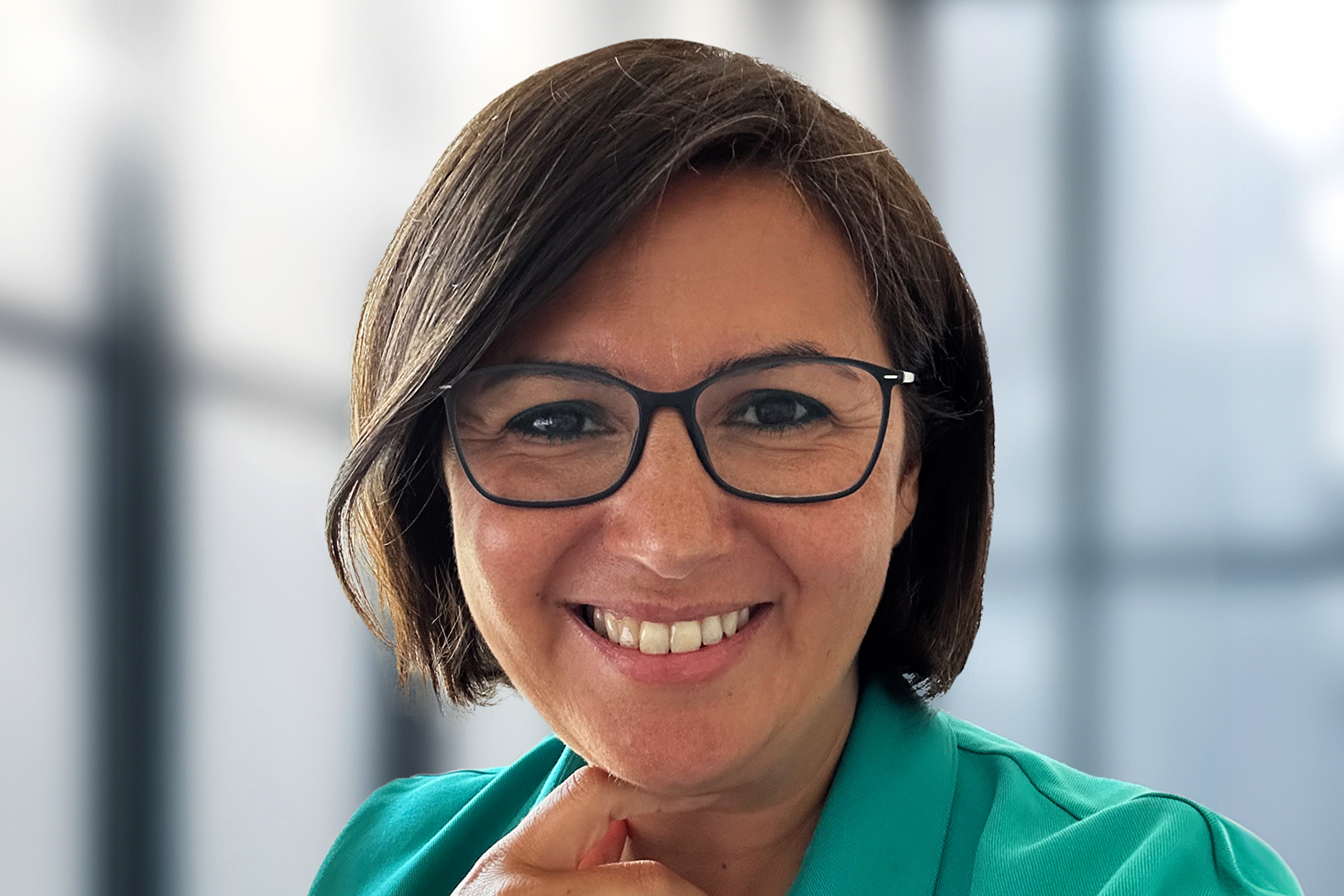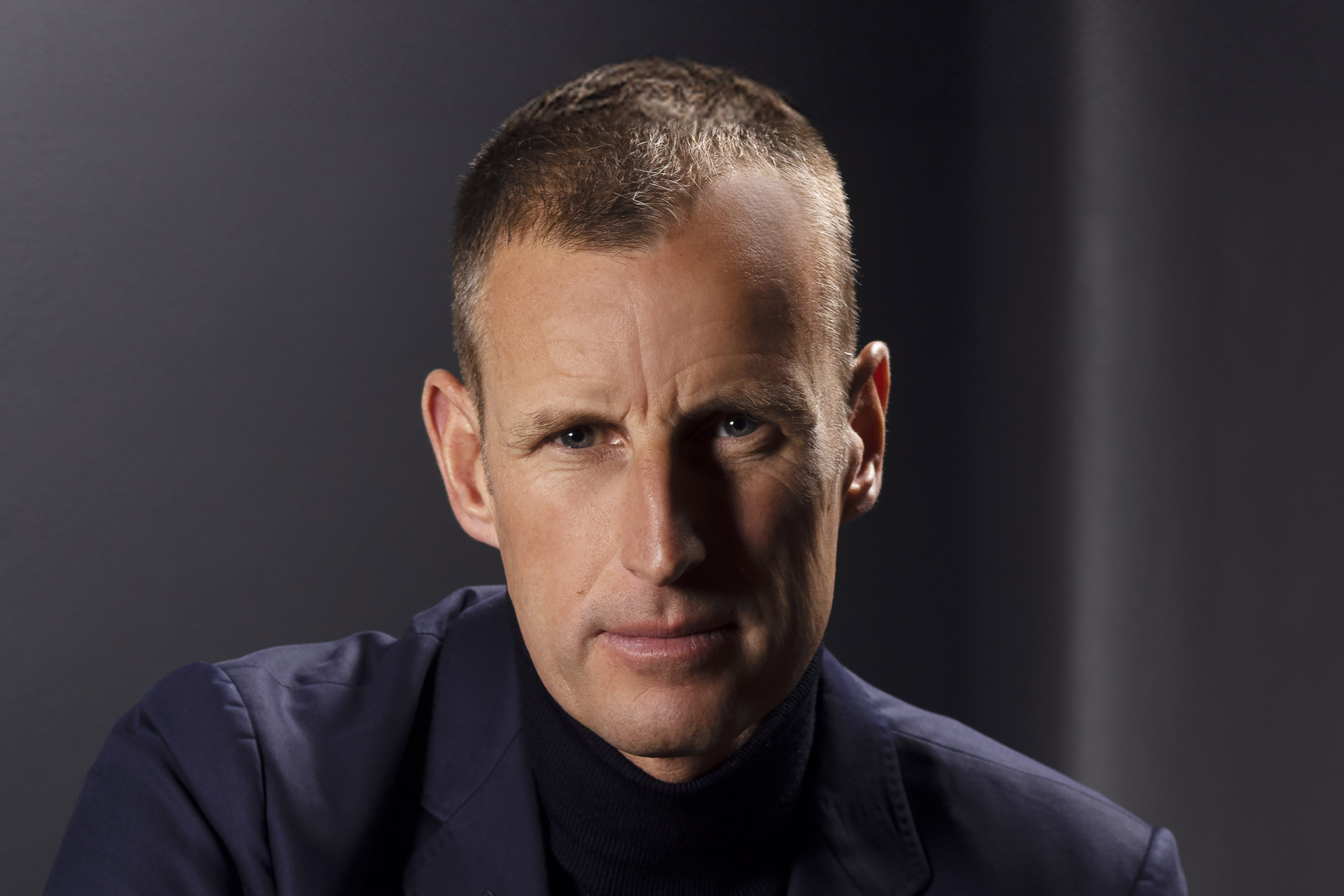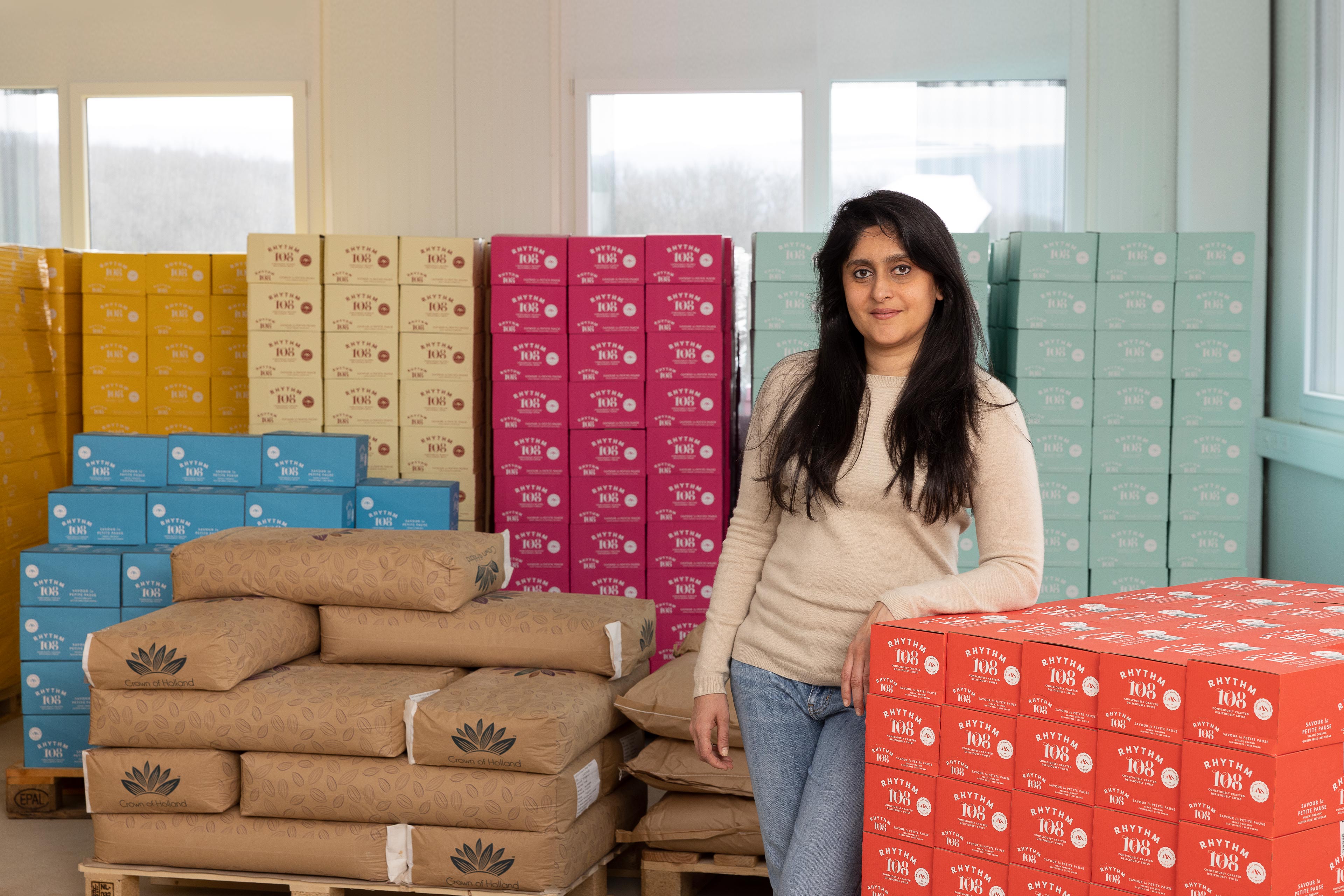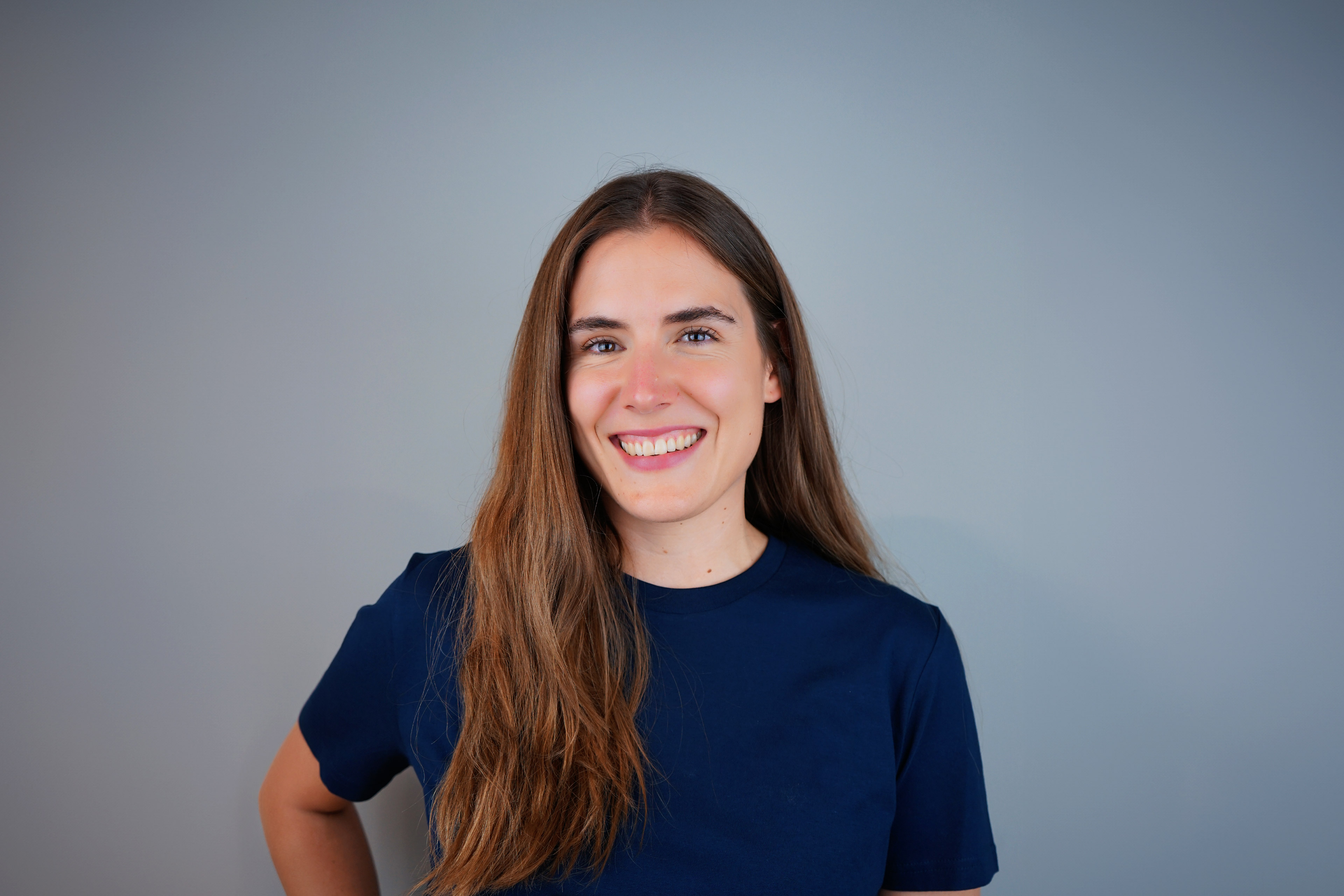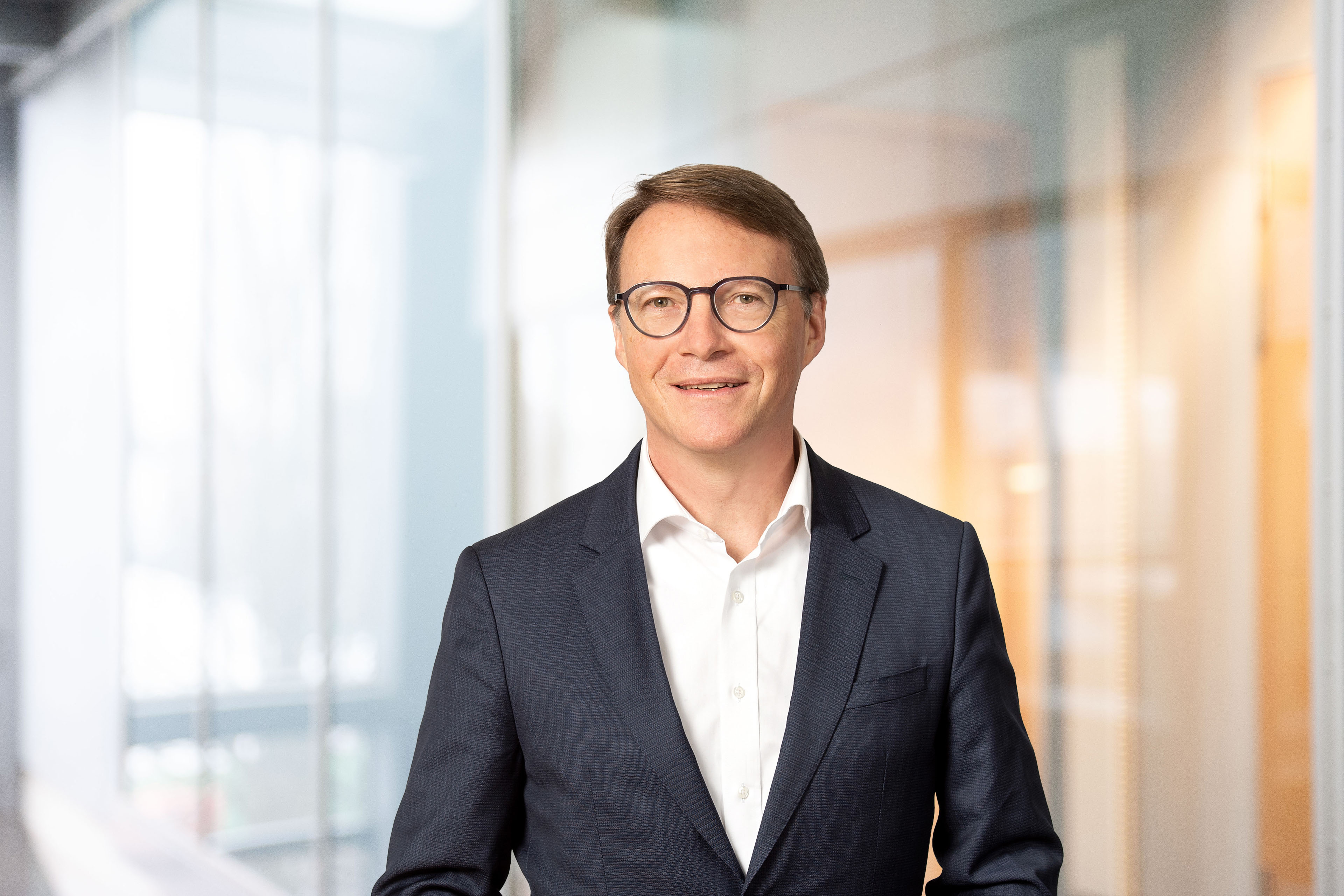EY refers to the global organization, and may refer to one or more, of the member firms of Ernst & Young Limited, each of which is a separate legal entity. Ernst & Young Limited is a Swiss company with registered seats in Switzerland providing services to clients in Switzerland.

“The purpose of work has never been more present.
Caroline Barth
Caroline Barth was appointed Chief Human Resources Officer and Member of the Executive Committee of Lonza in May 2020. With 25 years of experience driving change and growth in the pharmaceutical and IT industries, Caroline has defined and translated real-time business strategy into high-impact operational and financial results. Caroline has a BA in European Business Studies, an MBA in Finance and Business and certification in the Psychology of Coaching.
As coronavirus continues to dominate headlines, politics and corporate agendas, a new normal is beginning to take shape. EY asked various thought leaders and decision makers to take stock and share their insights into what’s next. Caroline Barth, Chief Human Resources Officer at Lonza explains why purpose has to be embedded in the people strategy and reflects on how communication has changed in the world of remote working.
What was it like to start a new role at Lonza during the pandemic?
I started at Lonza virtually, during lockdown. It has been an experiment to have a full first year in a remote position, but is has already become normal now. I have not met all of my team members in person yet, only a few colleagues during a short reprieve from lockdown in the summer.
I joined Lonza from a large pharmaceutical company, where I had come up through the ranks and built up a great network over 15 years. So the “silence” that came with starting from home in a new role in a new structure at a new company, was very hard at first. It was a different way of operating and I had to use my instincts and make a deliberate effort to call people and build relationships. Although it has come at the cost of personal connection, this way of working has also forced deep engagement with virtual connections because we have to make every moment count.
Tell us more about how you communicate in the current environment.
Communication as a topic definitely shot to prominence during the crisis. In the virtual world, communication needs to be thoughtful, real-time and relevant. I have become an advocate of free-flow conversation. I now kick-off our monthly HR community calls with a “what’s on my mind” session before moving over to the structured agenda. It’s fresh, it’s honest, it’s a reflective moment that helps the team to be at their best. I want to be approachable, feel proximity and build trust, especially coming into this new role from outside. The feedback has been disproportionately positive on this format – it is easy to implement and the team really benefits from it. However, it does take a leap of faith and a bit of vulnerability to hit the right tone.
We also use a lot of digital tools that help people interact. So, for example, we might do a 15-minute SWOT to communicate anonymously across boundaries, and we constantly use the chat function to gauge immediate feedback and also enjoy the whiteboard features.
In the virtual world, communication needs to be thoughtful, real-time and relevant.
Beside communication, what else is changing – or challenging – in the people function?
Culture can be difficult to convey in the virtual context. The good news is that Lonza is steeped in history. We celebrate our 125th anniversary next year and so we have an established culture and story to look back on. We are also very privileged in that we are hiring at an unprecedented rate, not least to deliver on our drug substance contract for one of the COVID-19 vaccines. For the last two months alone we have hired over 500 people a month, where this time last year it was closer to 200. Onboarding all these newcomers is again going to be a challenge but we are being creative and proactive in our approach, I think our strong culture will penetrate and last.
Some of our new hires are part of a new generation and they will drive the evolution of the Lonza culture. We have to embrace that and create space by being thoughtful, intelligent and intentional about what we expect. I believe that the Lonza culture – gritty, entrepreneurial, innovative, hard-working and welcoming – will prevail. I also see a whole lot of skills that have been nurtured in these challenging times and leave a lasting mark on our culture.
The new generation will drive the evolution of the Lonza culture.
Lonza is manufacturing core ingredients for one of the COVID vaccines. Have you seen a shift in your people’s expectations of the organization?
Lonza signed an agreement with Moderna in May 2020 to help manufacture the drug substance for its vaccine against COVID-19 and within eight months of the agreement, manufacturing was underway in both the USA and Switzerland. We are working to very compressed timelines and whilst this is challenging, we understand why this matters.
That focus is what has come through for our people. We have many projects that have a positive impact on society, but with the drug substance production for Moderna’s COVID-19 vaccine, even though it is intense and fast-paced, it happens to be highly visible, which has helped us rally the troops.
It all ties in with our purpose, vision and mission. Our purpose is about creating a healthier world and that resonates with people. They want to feel proud when creating, innovating and producing something that has a positive impact on the people they know and society as a whole. Our offer goes far beyond COVID-19 treatments and vaccines, and ranges from oncology products to supplements. Enabling a healthier world is very meaningful for us. We are also very serious about it and are committed to having a healthier workforce. We choose to spend time on that conversation with our teams.
How is purpose reflected in your people strategy?
At Lonza, our people strategy is essentially “come, stay, grow”. The purpose of work has never been more present and it ties in with all those aspects. We offer a very compelling purpose, which attracts people to the company and gives them reason to stay and make a meaningful difference. We also empower our people to grow – partly through traditional learning and education, but also through accessible and powerful interventions like mentoring or growing on the job.
Resilience is not something you learn, it IS learning.
How have you managed to build resilience, both personally and in terms of organization?
Resilience is a huge and very relevant topic for us. Resilience is not something you learn, it IS learning. We have to learn on the fly when things change dramatically. We have to observe, stay curious and learn from mistakes and successes. When I jumped into this job virtually, I was suddenly faced with all this extra time. And then I filled it with work. Big mistake. I learned to force downtime into the calendar. Our brain needs to change gear, have physical and emotional changes of pace for the sake of productivity, energy and wellbeing.
The ability to learn also has to include an acceptance of failure. At Lonza, there really is a curiosity around innovation – people love to tinker, to try things out. We don’t have a culture of penalizing people if things go wrong. People see mistakes as a chance to learn, to reflect on what happened, even though it can sometimes be hard to deal with.
Finally, what are your key takeaways from this crisis?
When it comes to crises, history shows us: we can do this. We have gone through past pandemics and we will get through this one, too. We have never had this specific context before but if we stay agile and ask the right questions, we will be alright. I think it is also important to be at ease with saying “I don’t know”. It is perfectly legitimate to give those unknowns some thought, speak to mentors, colleagues and friends. That can support progress and maintain momentum. I have always had a belief that the impossible is possible and this crisis has shown that to be true – thanks to science, data and focus.
On a lighter note, had I known what I know today, I would have invested in a better laptop background and a more comfortable workstation. Also, I would have got a dog earlier! I could have been enjoying the walks and the exercise for a whole year by now if I had acted more quickly.
Featured articles and interviews
Sebastian Tobler, Co-founder and CEO of GBY SA
Sebastian Tobler is co-founder and CEO of GBY SA, which has developed a new approach for the rehabilitation of people with reduced mobility. An automotive engineer by training and trade, Sebastian Tobler’s life took a new direction when a bike accident left him paralysed. Alongside his entrepreneurial activities, he heads the SCI-Mobility Lab as Professor at the Bern University of Applied Sciences.
Originally from Naples where she grew up and studied physics, Luciana Vaccaro moved to Switzerland in 1996 to complete a PhD in microengineering at EPFL. She held various positions in research and education at the universities of Neuchâtel and Lausanne before heading the Grant Office at EPFL. In 2013 she took the reins of HES-SO as rector. Last October, Luciana Vaccaro was elected president of the umbrella organization swissuniversities and started in her new position on 1 February.
Francisca Obrecht, Weingut Obrecht
Peter Rupp grew up in Sargans, Switzerland, around 20km south of the Hilti headquarters in Liechtenstein. He studied Economics in St. Gallen, then took a post-graduate degree in Engineering in Winterthur.
Peter Rupp grew up in Sargans, Switzerland, around 20km south of the Hilti headquarters in Liechtenstein. He studied Economics in St. Gallen, then took a post-graduate degree in Engineering in Winterthur.
Serra Bicak is Senior Vice President Reckitt Africa Middle East at Reckitt Hygiene. She has lived and worked in eight different countries for various roles during her career in fast-moving consumer goods. Serra Bicak is passionate about diversity, equity and inclusion (DE&I) and leads Reckitt Hygiene’s gender balance program.
Patrick Pruniaux, Chairman & CEO of Sowind Group
Patrick Pruniaux has a background in business administration and began his career in the watch industry at TAG Heuer. Always fascinated by innovation, he joined Apple in 2014 and oversaw the launch of the Apple Watch. Following a move to Kering in 2017, he managed the Ulysse Nardin and Girard-Perregaux watch brands. In 2022, Patrick Pruniaux spearheaded the historic management buyout and now serves as CEO of these two brands within Sowind Group.
Siddhi Mehta, founder and CEO of Rhythm 108, talked to us about sustainability, craftmanship – and how her company combines heritage and innovation to take the Swiss chocolate tradition into the future.
Judith Häberli, CGO and co-founder of Urban Connect as well as EY Entrepreneur Of The Year™ 2023 Switzerland winner in the category "Emerging Entrepreneur", shares her motivation for starting a corporate mobility platform and explains why real change only happens when companies work together.
Thomas Fürer has served ABB for 22 years, including 14 years in his current role as Group Head of Tax. A Certified Swiss Fiduciary Expert and Certified Swiss Tax Expert, he takes a keen interest in technology and digitalization in the tax function and beyond.
